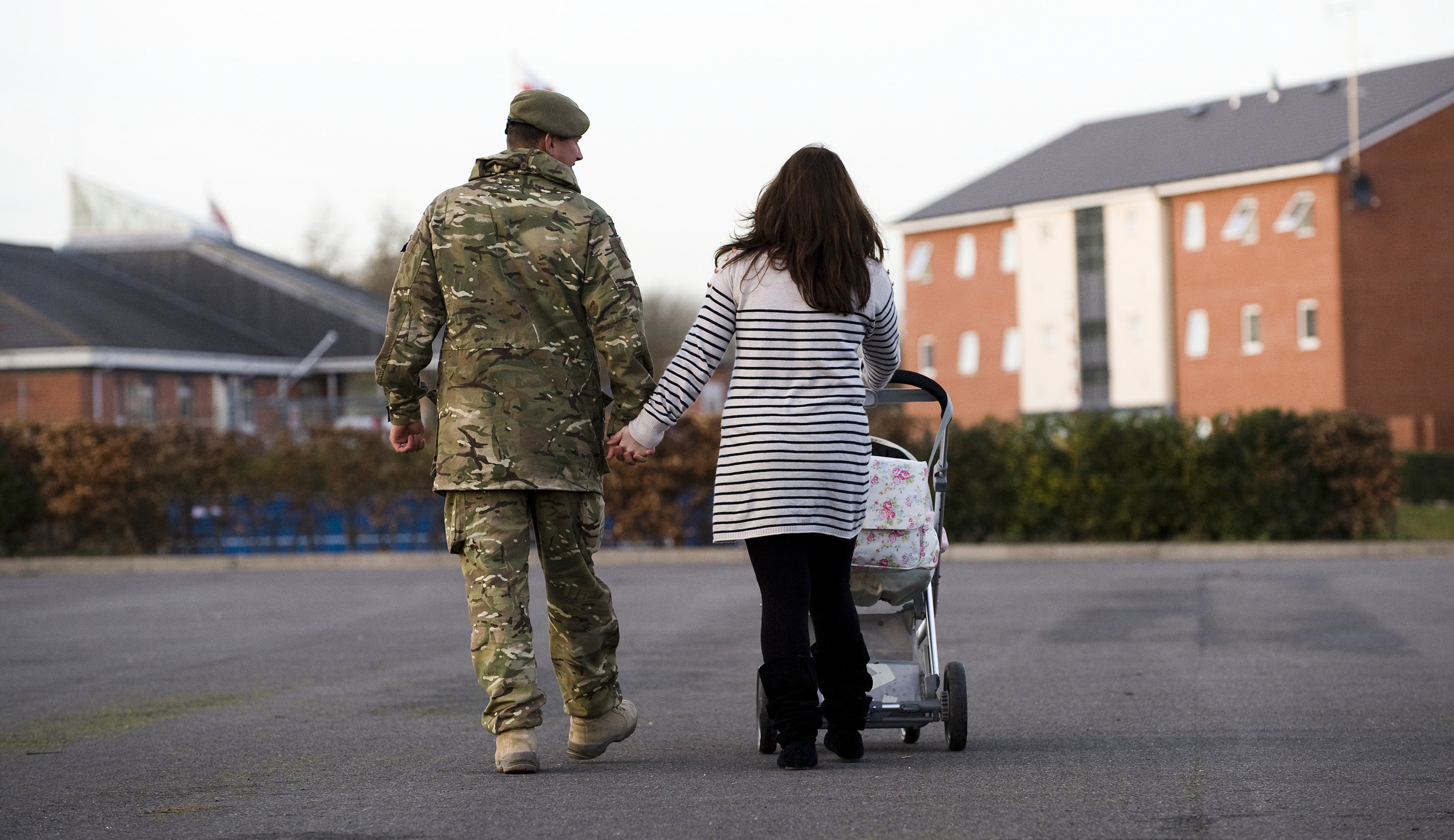
Sinn Fein Backing Military Covenant Would Show Commitment To Shared Future, Says DUP

Sinn Fein backing the introduction of the UK's military covenant in Northern Ireland would show the republican party's commitment to a shared future extends beyond just 'gestures', Arlene Foster has said.
The DUP leader called for tangible actions as she was asked for her response to recent moves from Sinn Fein that have been interpreted as efforts to reach out to unionists, such as party president Mary Lou McDonald's use of the word "Londonderry".
Mrs Foster denied she had not reciprocated with conciliatory gestures to republicans.
She told The Andrew Marr Show on BBC One: "Well, I don't accept that we haven't made any so-called gestures and I think it's more important actually to find and to build a basis for a shared community in Northern Ireland, which is what we want to see - a real sharing and not just a gesture sharing.
"And wouldn't it be good, for example, if Sinn Fein were to allow Northern Ireland's government to sign up in full to the military covenant and to respect veterans regardless of where they live in the UK?
"I think that that is something that they could do to show respect for veterans that live in Northern Ireland."
A stand-off over the full implementation of the military covenant in Northern Ireland is one of the issues at the heart of the ongoing power-sharing impasse at Stormont.
The covenant, which has been implemented elsewhere in the UK, encapsulates a series of policies that define the state's obligations to its armed services.
Under its terms, members of the armed forces in Great Britain are entitled to some priority medical treatment and assistance with housing and school places for children.
Such policies have not been rolled out in Northern Ireland, with Sinn Fein resistant.
The policies would potentially require amendments to robust equality laws that formed a central part of the Good Friday peace agreement.
Northern Ireland has been without a properly functioning powersharing government for almost 16 months, due to the bitter stand-off between the two largest parties, the DUP and Sinn Fein.
After negotiations collapsed in acrimonious circumstances in February, the parties traded claim and counter-claim about whether a proposed deal had been in the offing.
Sinn Fein claimed Mrs Foster had signed off on a deal before backing out in the face of an internal party revolt - claims the DUP leader vehemently denied.
Amid the fallout, documents exchanged by the parties during negotiations were leaked to sections of the media - incidents the DUP has firmly blamed on Sinn Fein.
Mrs Foster has said trust between the parties has broken down as a consequence of the February row.
"We have to build up confidence between the parties again, because devolution is right for Northern Ireland and we want to see it return immediately," she said.









